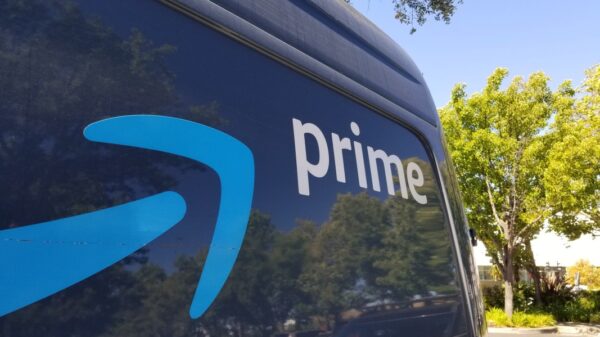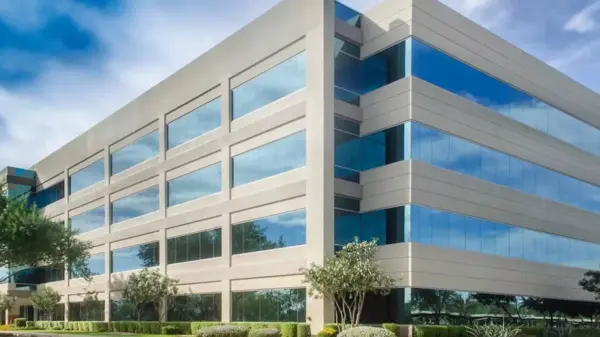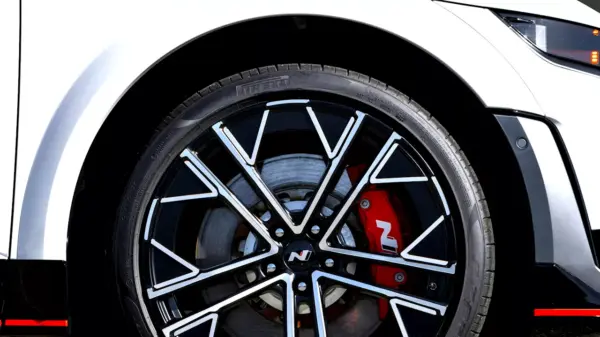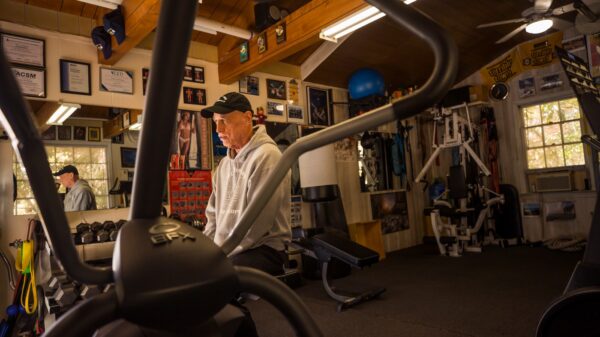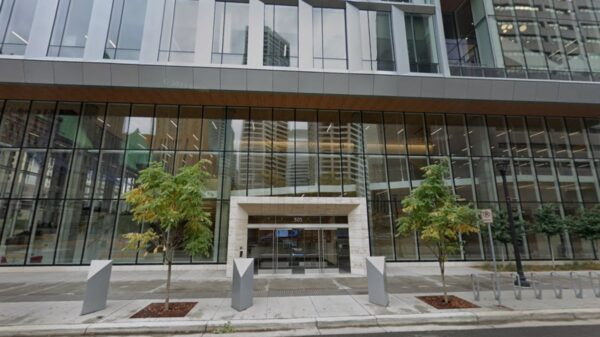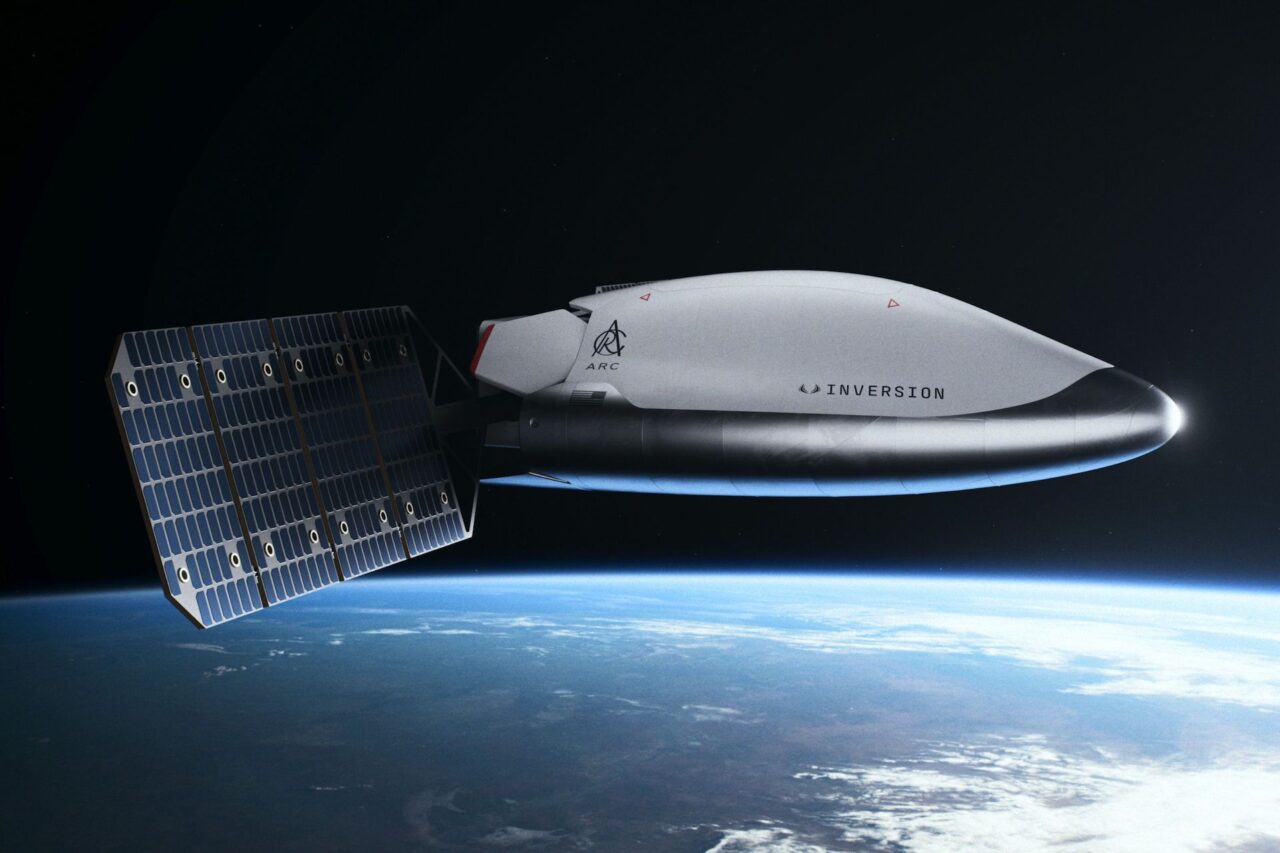A new delivery system is emerging from low Earth orbit as Inversion Space, a space startup founded in 2021, prepares its space-based vehicle for flight. The company aims to create a network of on-demand vehicles capable of delivering cargo from orbit to any location on Earth in under an hour. This week, Inversion unveiled its flagship vehicle, named Arc, a hybrid spaceplane and cargo capsule designed to transport up to 500 pounds (approximately 225 kilograms) of supplies.
Ambitious Plans for Arc’s Deployment
Inversion’s goal is to launch Arc by the end of 2026. The company is building upon lessons learned from the successful demonstration mission of its prototype vehicle earlier this year. The Arc spacecraft will operate autonomously, launching to low Earth orbit where it can store cargo for up to five years. When required, Arc is designed to reenter the atmosphere and land using parachutes. It features a deorbit engine and an autonomously maneuverable parachute to ensure a precise descent to the Earth’s surface.
The vision behind Arc is not only to facilitate access to space but also to deliver cargo with remarkable speed. Inversion aims to deploy a constellation of reusable vehicles in orbit, ready to return to Earth as dictated by customer needs. The company is particularly targeting military applications, emphasizing the potential for rapid delivery of mission-critical supplies. In a statement on X, Inversion noted, “Arc reshapes defense readiness by enabling access to anywhere on Earth in under an hour.”
Testing and Future Aspirations
Inversion Space launched its first vehicle, Ray, in January 2023, as part of SpaceX’s Transporter-12 rideshare mission. This spacecraft served as a demonstration of the company’s technologies, successfully testing in-orbit systems and reentry capabilities. Although Ray encountered a propulsion malfunction that prevented its reentry, the majority of its systems proved effective. Inversion stated, “Our first spacecraft, Ray, has completed its mission on-orbit – serving as an extremely successful testbed for validating key technologies.”
With a small team of just 25 people, Inversion has built nearly all systems on board in-house. Despite being a newcomer in the space industry, the startup aims to manufacture hundreds of vehicles each year and establish a complete constellation of cargo reentry spacecraft by 2028.
Inversion Space’s innovation could significantly impact logistics and national security, offering a new level of speed and efficiency in cargo delivery from space. As the company moves forward, its ambitious plans may redefine how cargo is transported across the globe.




